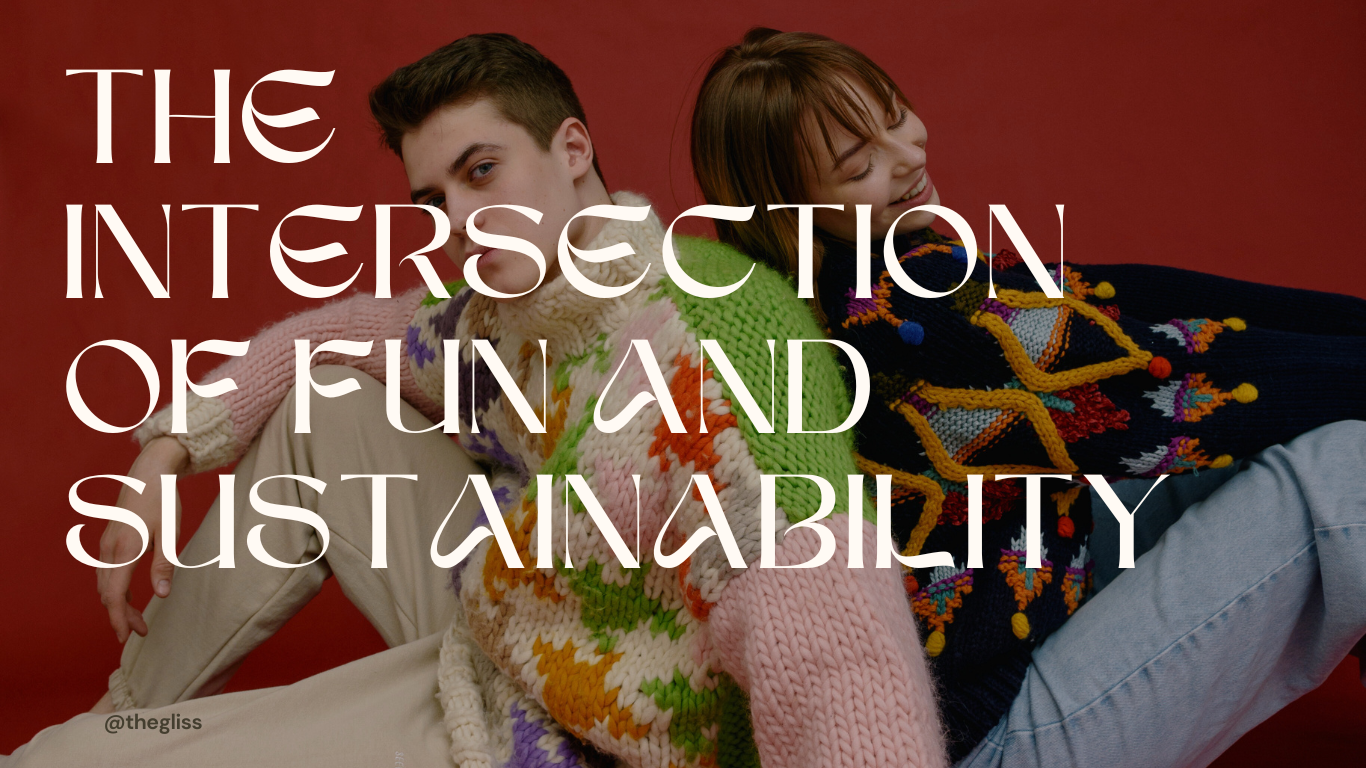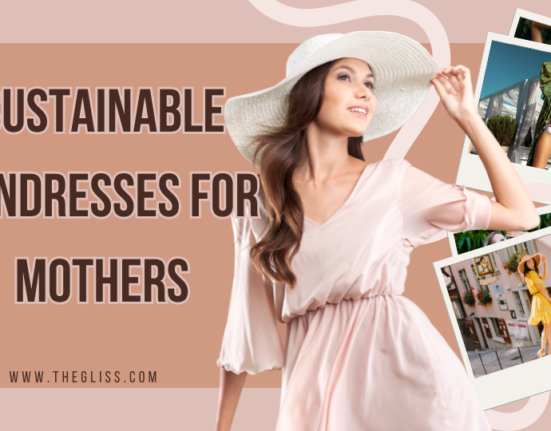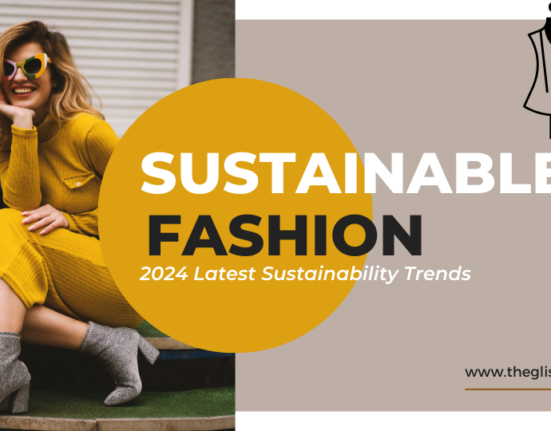Sustainable fashion has emerged as a significant trend in recent years, revolutionizing the way we perceive and consume clothing. Unlike conventional fashion, which often prioritizes trends and mass production, sustainable fashion minimizes environmental impact and promotes ethical practices throughout the supply chain. It encompasses various principles, including eco-friendly materials, fair labor practices, and waste reduction strategies.
Understanding Colorful Women’s Clothing Brands
Fun clothing brands inject excitement and creativity into the fashion industry. These brands prioritize bold designs, vibrant colors, and unconventional styles, appealing to consumers seeking self-expression and individuality. With their playful approach to fashion, they challenge traditional norms and inspire creativity among consumers.
Exploring Fun Clothing Brands
Colorful women’s clothing brands embrace diversity and inclusivity, offering a wide range of vibrant and eye-catching garments. Beyond aesthetics, these brands prioritize sustainability, recognizing the importance of eco-friendly practices in today’s fashion landscape. By combining colorful designs with ethical production methods, they cater to environmentally conscious consumers.
women’s clothing brands are not just about aesthetics; they represent a paradigm shift towards sustainability and inclusivity in the fashion industry. These brands prioritize vibrant designs while integrating eco-friendly practices into their production processes. Let’s delve deeper into why colorful women’s clothing brands are gaining traction and how they are making a positive impact.
In recent years, consumer demand for sustainable fashion has surged, with a growing emphasis on transparency and ethical production methods. According to a report by Nielsen, 73% of global consumers say they would definitely or probably change their consumption habits to reduce their impact on the environment. This shift in consumer mindset has compelled fashion brands to rethink their approach and embrace sustainability.
Colorful brands are at the forefront of this movement, catering to environmentally-conscious consumers who seek stylish yet eco-friendly clothing options. Brands like Reformation and Patagonia have garnered widespread acclaim for their commitment to sustainability. For instance, Reformation uses eco-friendly fabrics such as Tencel and recycled materials in their colorful collections, reducing water usage and carbon emissions in the process.
Moreover, colorful women’s clothing brands are challenging traditional beauty standards by embracing diversity and inclusivity. These brands celebrate women of all shapes, sizes, and backgrounds, empowering them to express themselves through fashion. For example, Anthropologie offers a diverse range of colorful garments in extended sizes, catering to a wide audience of women.
Innovation in the fashion industry
In addition to their environmental and social impact, colorful clothing brands are also driving innovation in the fashion industry. By experimenting with bold patterns, textures, and color palettes, these brands inspire creativity and self-expression among consumers. According to a study by McKinsey & Company, 62% of consumers globally say they want to buy fewer, better-quality clothing items. This shift towards quality over quantity benefits colorful women’s clothing brands, which prioritize craftsmanship and durability in their designs.
Furthermore, colorful clothing brands are leveraging technology to enhance sustainability and efficiency in their operations. From digital design tools to virtual fitting rooms, technology enables brands to streamline production processes and minimize waste. For example, Stella McCartney utilizes 3D modeling software to create virtual prototypes, reducing the need for physical samples and minimizing carbon emissions.
The Intersection of Fun and Sustainability
The intersection of fun and sustainability represents a growing movement within the fashion industry. Fun clothing brands are increasingly incorporating sustainable practices into their operations, recognizing the need to minimize their environmental footprint. By embracing eco-friendly materials, ethical manufacturing processes, and innovative design techniques, these brands are redefining the concept of fashion sustainability.

Top Colorful Women’s Clothing Brands
Several women’s clothing brands have emerged as leaders in the sustainable fashion space. Through initiatives such as using organic cotton, recycled materials, and eco-friendly dyes, these brands are setting new standards for ethical fashion.
Innovations in Sustainable Fashion
Innovations in sustainable fashion are driving positive change across the industry. From advanced recycling technologies to biodegradable textiles, new innovations are revolutionizing the way clothing is produced and consumed. These innovations not only reduce the environmental impact of fashion but also inspire creativity and innovation among designers and manufacturers.
Consumer Behavior and Preferences
Consumer behavior plays a crucial role in shaping the future of sustainable fashion. As awareness of environmental issues grows, more consumers are seeking out ethical and sustainable clothing options. Colorful brands are capitalizing on this trend by offering eco-friendly alternatives that appeal to fashion-conscious consumers.
Challenges and Solutions
Despite the progress made sustainably, the industry still faces significant challenges. From supply chain transparency to consumer education, addressing these challenges requires collaboration and innovation. By adopting circular business models, investing in sustainable materials, and engaging with consumers, brands can overcome these obstacles and drive positive change.
Collaborations and Partnerships
Collaborations and partnerships are key drivers of innovation in sustainable fashion. By joining forces with like-minded organizations and individuals, brands can amplify their impact and reach new audiences. Collaborative efforts between fun clothing brands and sustainable fashion advocates are paving the way for a more ethical and inclusive fashion industry.
Educating Consumers
Educating consumers about the importance of sustainable fashion is essential for driving widespread change. Brands play a crucial role in raising awareness and promoting eco-friendly practices among their customers. Through transparency, education campaigns, and responsible marketing, brands can empower consumers to make informed choices and support sustainable fashion.
The Future of Sustainable Fashion
The future of sustainable fashion looks promising, with continued growth and innovation on the horizon. As consumers demand more transparency and accountability from brands, the industry is responding with innovative solutions and bold initiatives. By embracing sustainability as a core value, fashion brands can create a more equitable and environmentally conscious future for the industry.
Celebrity Influence
Celebrities wield significant influence in shaping fashion trends and consumer behavior. Many celebrities are using their platforms to promote sustainable fashion and support colorful women’s clothing brands. By showcasing eco-friendly designs and ethical practices, these celebrities are driving awareness and encouraging their fans to make more sustainable choices.
Social Media and Marketing
Social media plays a pivotal role in promoting sustainable fashion and colorful women’s clothing brands. Platforms like Instagram and TikTok provide a powerful platform for brands to showcase their products and values. By leveraging social media channels effectively, brands can reach a wider audience and foster meaningful connections with their customers.
Bottomline
sustainable fashion and colorful women’s clothing brands are reshaping the fashion industry, prioritizing ethics, and creativity. By embracing sustainable practices, fun clothing brands can create vibrant and eco-friendly garments that appeal to modern consumers. As awareness grows and technology advances, the future of fashion looks brighter and more sustainable than ever before. colorful clothing brands play a pivotal role in shaping the future of fashion, combining vibrant aesthetics with sustainable practices. As consumer demand for eco-friendly fashion continues to grow, these brands are poised to lead the industry towards a more ethical and inclusive future. By prioritizing transparency, diversity, and innovation, colorful brands are not only redefining beauty standards but also paving the way for a more sustainable fashion industry.
FAQs
Why is sustainable fashion important?
Sustainable fashion minimizes environmental impact and promotes ethical practices throughout the supply chain, addressing issues like waste and pollution.
What are some examples of sustainable materials used in fashion?
Sustainable materials include organic cotton, hemp, recycled polyester, and Tencel.








Leave feedback about this